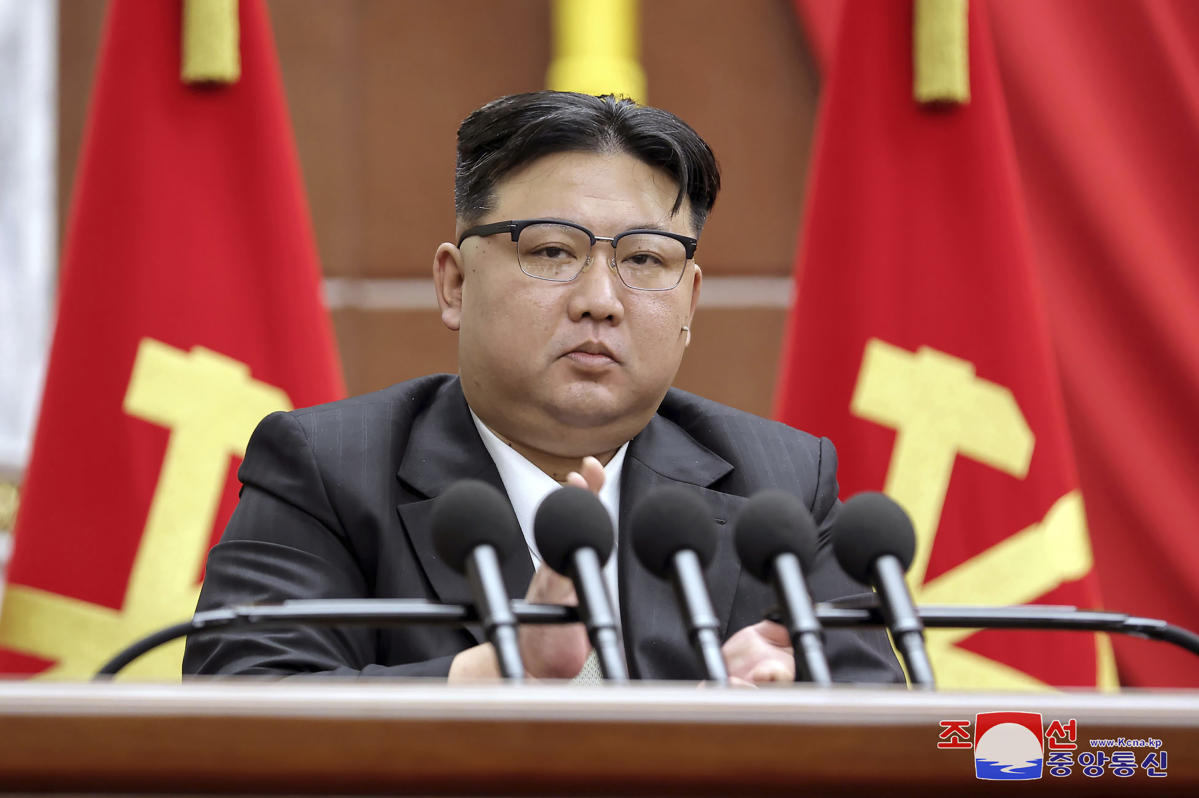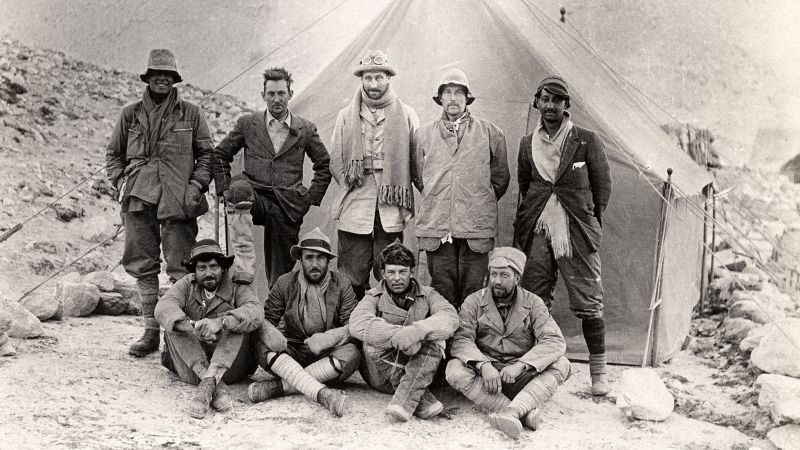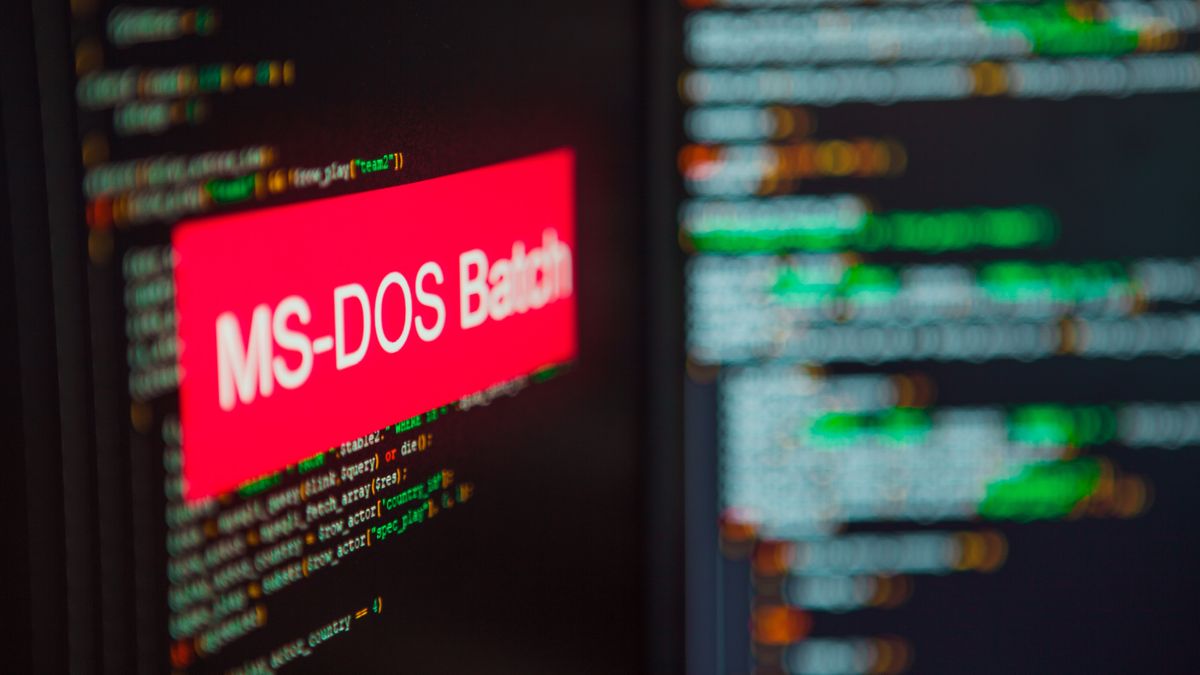SEOUL, South Korea (AP) — North Korean leader Kim Jong Un vowed to launch three additional military spy satellites, produce more nuclear materials and introduce modern attack drones in 2024, as he called for “overwhelming” war readiness to cope with U.S.-led confrontational moves, state media reported Sunday.
Kim’s comments, made during a key ruling Workers’ Party meeting to set state goals for next year, suggest he’ll intensify a run of weapons tests ahead of the U.S. presidential elections in November. Observers say Kim believes a boosted nuclear capability would give him another chance for high-stakes diplomacy with the U.S. to win sanctions relief if former President Donald Trump returns to the White House.
During the five-day meeting that ended Saturday, Kim said “vicious” anti-North Korea moves by the United States and its followers “have reached the extremes unprecedented in history,” pushing the Korean Peninsula to the brink of a nuclear war, according to the official Korean Central News Agency. Kim cited the expansion of U.S.-South Korean military exercises and the temporary deployment of powerful U.S. military assets such as bombers and a nuclear-armed submarine in South Korea — steps the allies have taken in response to the North’s weapons testing spree since last year.
Kim called for “the overwhelming war response capability” to deter potential enemy provocations, KCNA said.
He set forth plans to launch three more military spy satellites next year in addition to the country’s first reconnaissance satellite launched in November. He underscored the need to establish “a reliable foundation” to build more nuclear weapons, an apparent reference to facilities producing fissile materials like weapons-grade plutonium and highly enriched uranium. Kim also ordered authorities to enhance submarine capabilities and develop various types of modern unmanned combat equipment such as armed drones.
“Pyongyang might be waiting out the U.S. presidential election to see what its provocations can buy it with the next administration,” said Leif-Eric Easley, a professor at Ewha University in Seoul.
“The Kim regime has closed the political door on denuclearization negotiations but could offer rhetorical restraint and a testing freeze in exchange for sanctions relief,” Easley said. “Although North Korea has no intention of giving up nuclear weapons, it might try to extract payment for acting like a so-called responsible nuclear power.”
Kim has been focusing on modernizing his nuclear arsenal since his diplomacy with Trump broke down in 2019 due to wrangling over how much sanctions relief the North could get for a partial surrender of its nuclear program. Experts say Kim likely thinks that Trump, if elected for a second term, could make concessions as the U.S. is preoccupied with the Russia-Ukraine war and the Israel-Hamas fighting.
Nam Sung-wook, a professor at Korea University in South Korea, said if President Joe Biden is reelected, North Korea won’t get what it wants. But he predicted a Trump win could revive diplomacy, saying Trump will likely say during his campaign that he can convince North Korea to suspend intimidating weapons tests.
He said Kim’s vow to ramp up production of plutonium and uranium is meant to strengthen his negotiating cards. Nam said North Korea will also test-launch more intercontinental ballistic missiles capable of reaching the continental U.S. this year.
“North Korea will act to the fullest extent under its timetable for provocation until the U.S. election day,” Nam said.
During his speech at the party meeting, Kim used bellicose, derisive rhetoric against South Korea, calling it “a hemiplegic malformation and colonial subordinate state” whose society is “tainted by Yankee culture.” He said South Korea must not be considered as a partner for reconciliation or unification. He ordered the military to use all available means including nuclear weapons to conquer South Korea in the event of a conflict.
South Korea’s Unification Ministry responded Sunday saying it strongly condemns North Korea for advancing its nuclear program and displaying hostility toward its neighbors. A statement said South Korea will try to overwhelmingly deter North Korean threats based on a solid alliance with the United States.
Some analysts have speculated that limited clashes between the Koreas along their tense land and sea border could happen in the coming year. South Korea’s spy agency said last week that North Korea will likely launch military provocations and cyberattacks ahead of South Korean parliamentary elections in April and the U.S. presidential election in November.
Kim also maintained that North Korea must solidify cooperation with “anti-imperialist, independent” countries that he said oppose U.S.-led Western hegemony.
Kim didn’t name the countries. But North Korea has been seeking to beef up its cooperation with Russia and China, which have repeatedly blocked attempts by the U.S. and allies to toughen U.N. sanctions on the North over its banned missile tests. The U.S. and South Korea accuse North Korea of supplying artillery and ammunition to Russia in return for high-tech Russian technologies for its own military programs.
Julianne Smith, U.S. permanent representative to NATO, said earlier this month the U.S. assessed that the suspected Russian technologies North Korea seeks are related to fighter aircraft, surface-to-air missiles, armored vehicles, ballistic missile production equipment or materials of that kind. Smith said U.S. intelligence indicates that North Korea had provided Russia with more than 1,000 containers of military equipment and munitions.
South Korean officials said Russian support likely enabled North Korea to put its spy satellite into orbit for the first time on Nov. 21. Many foreign experts are skeptical about the satellite’s ability but South Korean Defense Minister Shin Wonsik said in November that Russia could help North Korea produce higher-resolution satellite photos.
Yang Uk, an analyst at Seoul’s Asan Institute for Policy Studies, said that North Korea hasn’t yet obtained functioning ICBMs that can launch nuclear strikes on the continental U.S. But he said North Korea’s shorter-range nuclear-armed missiles can reach South Korea and Japan, where a total of 80,000 American troops are stationed.
Estimates on the size of North Korea’s nuclear arsenal vary, ranging from 20-30 bombs to more than 100. The U.N. atomic agency and foreign experts recently said North Korea appears to have started operating a light-water reactor at its main nuclear complex in a possible attempt to secure a new source for weapons-grade plutonium.
Meanwhile, Kim said during the meeting that North Korea made “eye-opening” economic achievements by fulfilling or exceeding set quotas in major areas such as farming, housing construction and fisheries. Nam, the professor, said the self-praise appears aimed at burnishing Kim’s image as a leader who cares about public livelihoods as well as military issues.

Evan Massoud is a political analyst with a knack for dissecting policy and governance. He provides readers with informed perspectives on political developments at home and abroad. Evan’s dedication to civic engagement extends to volunteering in local politics.








